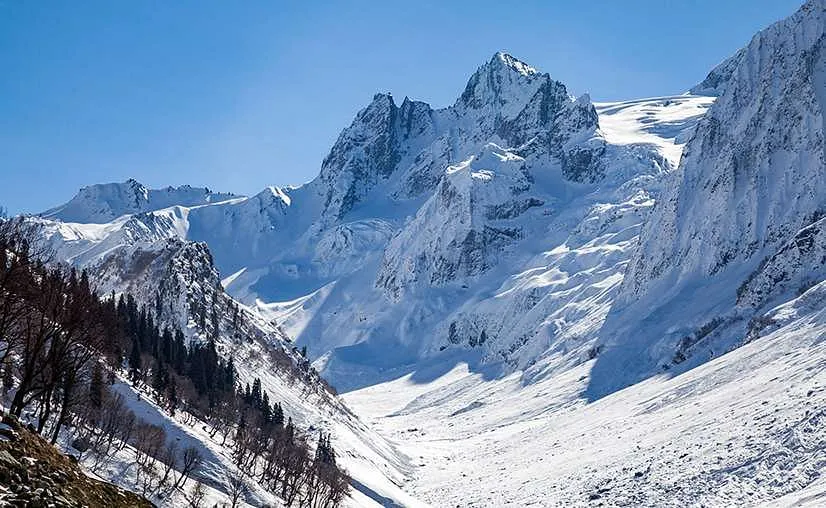The environmental experts believe that the Thajiwas glacier in Sonamarg area of Ganderbal district doesn’t pose a major threat of any sudden outburst as it has no glacial lakes.
However in a major concern the Thajiwas glacier has receded rapidly about 50 meters in the last three years.
“Studies have shown that most of the glaciers in J&K are receding due to climate change at an average rate of 18 metres per annum. Melting glaciers erode land and fill up the space creating glacial lakes, however there is no such formation of any glacial lake at Thajiwas glacier,” Prof. Shakil Ahmad Romshoo of Kashmir University said.
He said that Glacial Lake Outburst Flooding (GLOF) is one of the major causes of flash floods but with no glacial lakes the Thajiwas glacier can’t pose any such threat of major outburst like other glaciers in Jammu and Kashmir particularly in Chenab valley .
“It has been observed that the Thajiwas glacier has receded about 50 mtr in the last 3 years,” Prof Ramshoo said. He said that in the last 10 years due to climatic change almost all glaciers in Jammu and Kashmir are melting rapidly at an average of around 17 metres per year. Prof. Ramshoo said that the ban imposed by the Sonamarg Development Authority on the directions of the High Court will have a major impact in the coming time.
In a significant development the Sonamarg Development Authority two years ago banned the vehicular traffic on the Sonamarg-Thajiwas road stretch thus making it a vehicle free zone.






